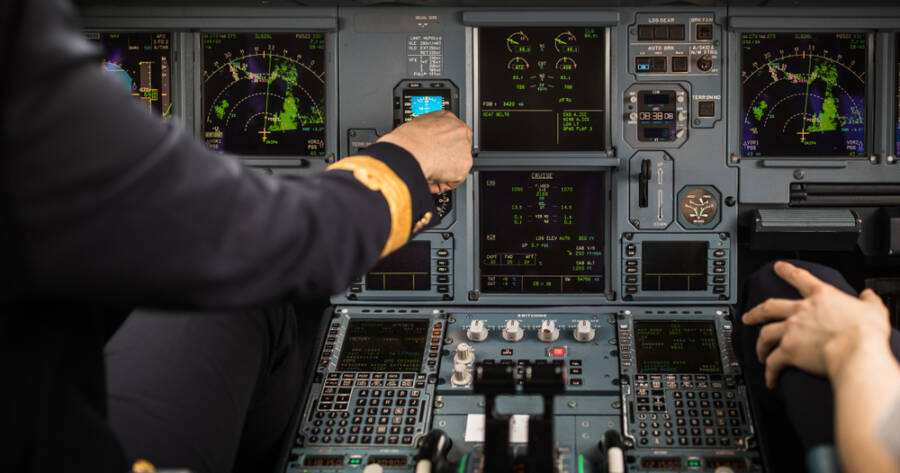Flight school provides individuals with the knowledge and skills necessary to operate an aircraft. It covers various aspects of aviation, including flight theory, navigation, and safety procedures.
What is Flight School?
Flight school is an educational institution that provides flight training to individuals seeking to become pilots. These schools offer a structured curriculum that covers both theoretical knowledge and practical flight experience. The primary objective of flight school is to prepare students for the challenges and responsibilities of operating an aircraft safely and efficiently.1
Flight schools typically offer a range of programs, from basic private pilot training to advanced commercial and airline transport pilot training. The duration of these programs varies depending on the level of certification desired and the individual’s pace of learning. During their training, students receive instruction in various areas, including aerodynamics, navigation, meteorology, and aircraft systems.
Practical flight training is a crucial component of flight school education. Under the guidance of experienced flight instructors, students gain hands-on experience in operating aircraft. This involves pre-flight inspections, cockpit procedures, takeoffs, landings, and various flight maneuvers. As students progress in their training, they undertake solo flights and cross-country flights to build confidence and proficiency.
Learn to Fly: Your Path to the Skies
Becoming a pilot is a rewarding and fulfilling career choice. It offers the opportunity to explore the world from a unique perspective and experience the thrill of flying. Flight school provides the essential foundation for individuals to embark on this exciting journey.
The path to becoming a pilot begins with obtaining a student pilot certificate. This involves passing a written exam and a medical examination. Once the student pilot certificate is secured, individuals can commence flight training under the supervision of a certified flight instructor.
As students progress in their training, they gain experience in different types of aircraft, from small single-engine planes to larger multi-engine aircraft. They also learn to navigate using instruments and handle various weather conditions. Upon completing the required flight hours and passing additional written exams, students can earn their private pilot certificate, which allows them to fly for personal or recreational purposes.
Take Flight: Soar to New Heights
With a private pilot certificate in hand, individuals can pursue advanced training to become commercial pilots or airline transport pilots. Commercial pilots are qualified to fly for hire, while airline transport pilots can fly large passenger or cargo aircraft.
Advanced flight training typically involves additional flight hours, specialized training in areas such as instrument flying and emergency procedures, and passing rigorous written and practical exams. Upon meeting all requirements, individuals can obtain their commercial pilot certificate or airline transport pilot certificate, opening up a world of opportunities in the aviation industry.2
Flight school provides the knowledge, skills, and experience necessary to take flight and soar to new heights in the world of aviation.
Learn More About Flight School
For individuals passionate about aviation and eager to explore the world of flight, there are numerous resources available to learn more about flight school and the path to becoming a pilot. Reputable flight schools, aviation associations, and government agencies provide comprehensive information on flight training programs, requirements, and career opportunities.
By thoroughly researching and preparing for flight school, individuals can embark on an exciting journey that leads them to the skies and a rewarding career in aviation.
